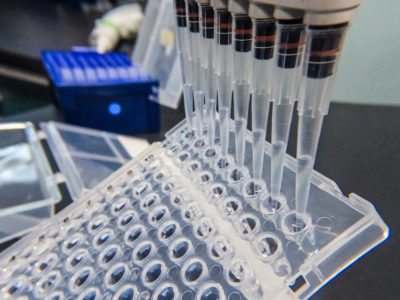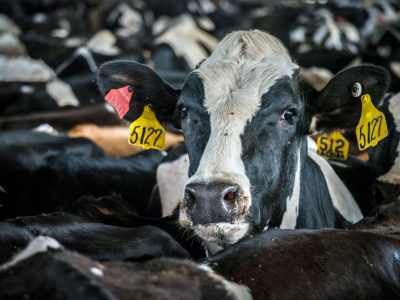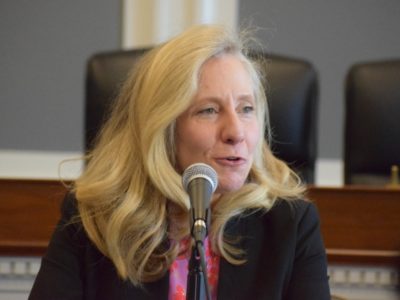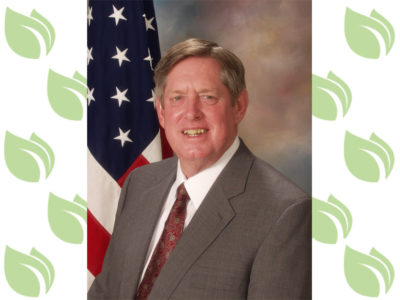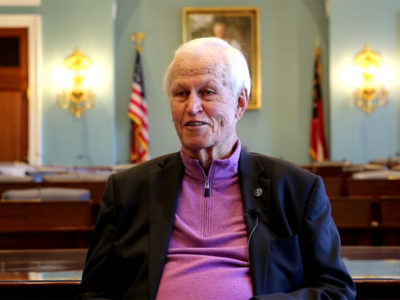We use cookies to provide you with a better experience. By continuing to browse the site you are agreeing to our use of cookies in accordance with our Privacy Terms and Cookie Policy
ARTICLES
Former peanut farmer often frustrated producers
Read More
Former Arkansas congressman, White House ag aide dies at 80
05/21/23 9:56 PM
By Jim Webster
Read More
Charlie Stenholm, Democratic architect of farm policy, dies at 84
05/18/23 9:07 AM
By Jim Webster and Philip Brasher
Read More





